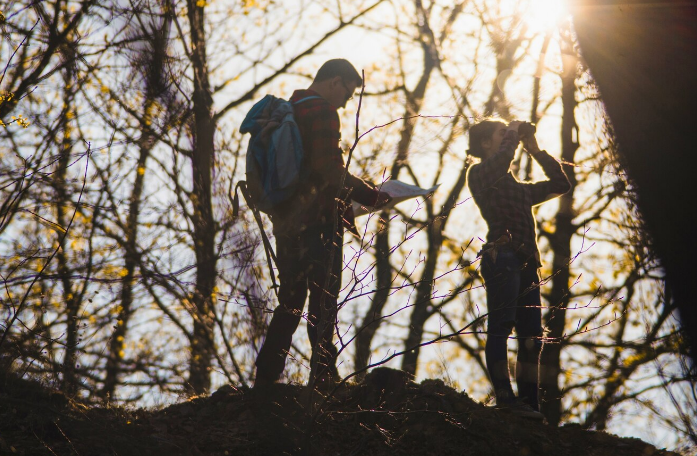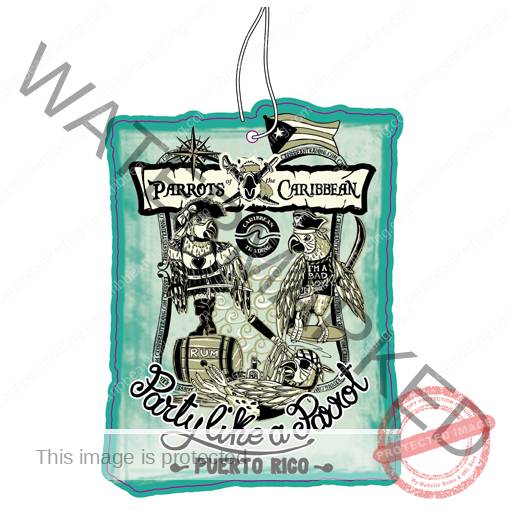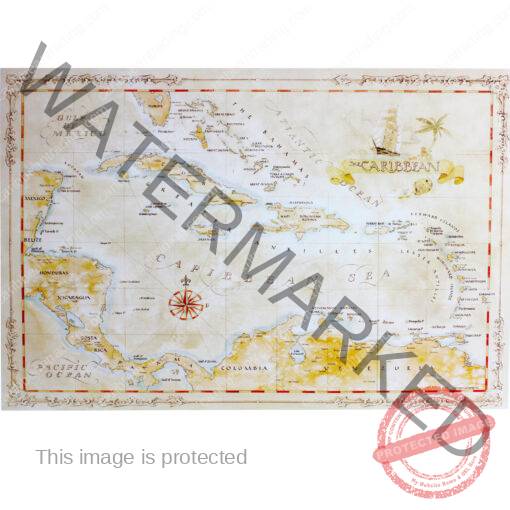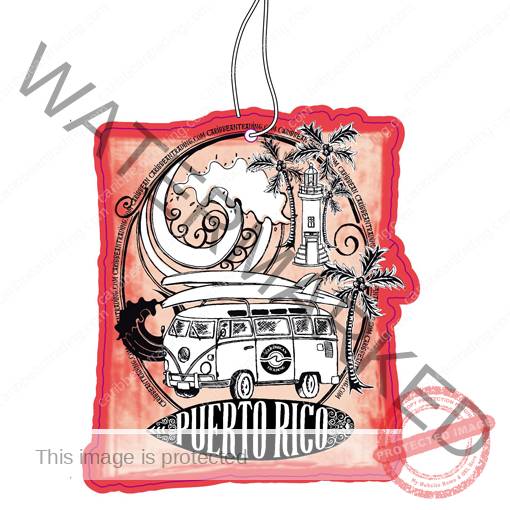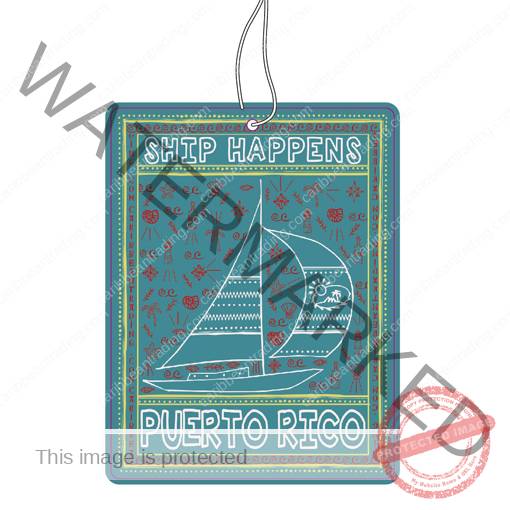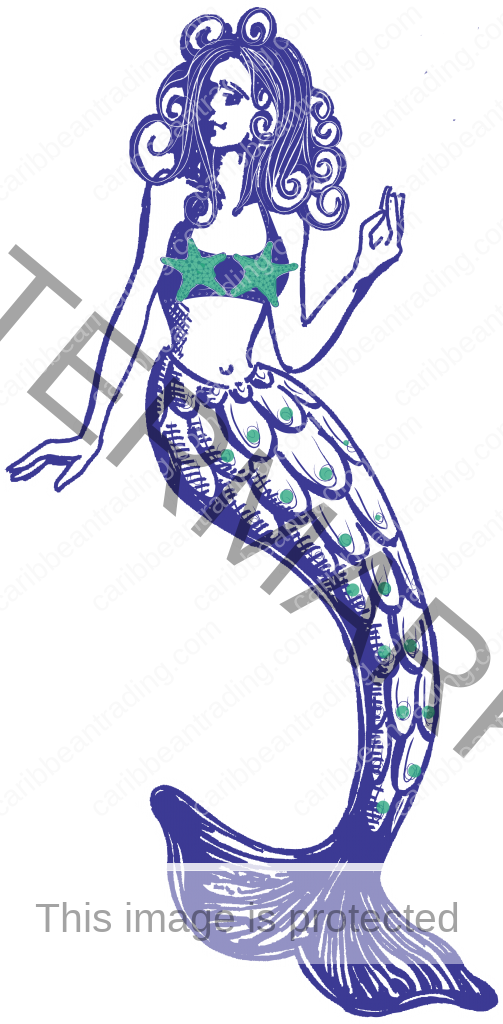Caribbean Travel Tips
Survival Experiences in Nature – Caribbean Edition
The Caribbean, with its warm breezes, lush rainforests, and crystal waters, is often seen as a paradise. However, for those seeking true adventure, the region also presents an array of survival challenges. With diverse ecosystems—from dense forests to arid islands—the Caribbean is a prime location to put survival skills to the test. This guide delves into survival experiences across the Caribbean, exploring different terrains, challenges, and essential survival gear to keep explorers prepared.
Exploring Diverse Caribbean Terrains
The Caribbean is made up of over 7,000 islands, each with its own unique climate and geography. These differences create a variety of survival scenarios, requiring specific skills and adaptability.
Rainforests of Puerto Rico and Dominica
The rainforests in Puerto Rico’s El Yunque National Forest and Dominica’s Morne Trois Pitons National Park are prime examples of tropical ecosystems with rich biodiversity. However, beneath the lush canopy lies a potential survival challenge. High humidity, frequent rainfall, and thick vegetation can disorient travelers. Water is abundant, yet it must be filtered to avoid parasites. Keeping dry and staying on well-marked trails are crucial. In these environments, knowing how to navigate through dense foliage and manage resources like fresh water is key to avoiding hazards.
Dry Forests and Caves of Aruba and Bonaire
The islands of Aruba and Bonaire are located in a more arid part of the Caribbean, offering a striking contrast to the rainforests. Here, travelers face high temperatures and dry landscapes, where freshwater sources are rare, and shade is limited. Understanding how to conserve water and seeking shelter during the hottest parts of the day become crucial. The rocky terrains and hidden caves found in areas like Aruba’s Arikok National Park require caution and preparation, as losing one’s way in these sparsely populated areas can lead to dangerous situations.
Coastal Mangroves and Salt Flats
Mangrove forests, commonly found in areas like the Bahamas and parts of Cuba, form a unique ecosystem that’s tricky to navigate. Moving through dense mangrove roots can be slow, and tides often influence water levels, which can rise unexpectedly. Additionally, the mangroves shelter various animals, some of which may pose a threat to unprepared explorers. Knowing how to move through waterlogged environments, where footing is uncertain and food sources are limited, is crucial for survival.
Mountainous Terrain in Jamaica
Jamaica’s Blue Mountains offer both spectacular views and survival challenges. Dense fog, steep inclines, and slippery terrain require hikers to have a strong sense of direction and knowledge of high-altitude environments. In the mountains, temperatures can drop significantly at night, making warmth and shelter top priorities. Staying dry and properly layered can mean the difference between a successful climb and a dangerous situation.
Adapting to Caribbean Weather Challenges
Surviving in the Caribbean isn’t only about managing the land—it’s also about handling the weather, which can be both unpredictable and extreme. From hurricanes to flash floods, understanding the weather patterns can be life-saving.
Hurricane Preparedness
Hurricanes are a significant threat in the Caribbean, especially during the hurricane season from June to November. Sudden, severe storms can leave travelers stranded, and knowing what to do if a hurricane hits while you’re outdoors is essential. Finding shelter, storing food and water, and securing a safe area away from rising waters are critical steps. It’s also wise to be aware of local warning systems and evacuation routes.
High Temperatures and Humidity
Caribbean temperatures are generally high, with intense sunlight and high humidity. Heatstroke and dehydration are common risks, particularly for those not accustomed to tropical climates. Wearing protective clothing, staying hydrated, and avoiding direct sunlight during peak hours can prevent these conditions. Recognizing the symptoms of heat exhaustion early—such as dizziness, excessive sweating, and fatigue—can ensure timely action to avoid a full-blown emergency.
Mosquitoes and Insects
Insects thrive in the Caribbean climate, and some, like mosquitoes, carry diseases such as dengue fever and chikungunya. Carrying insect repellent, wearing long sleeves and pants, and sleeping under mosquito nets can significantly reduce the risk of insect-borne diseases. Additionally, knowing basic first aid for insect bites and understanding the signs of infection are essential for survival.
Essential Survival Skills for the Caribbean Environment
To survive in the Caribbean, it’s necessary to have a diverse set of survival skills that go beyond standard outdoor knowledge. These skills help travelers adapt to the unique demands of tropical and marine environments.
Purifying Water Sources
Though water is present in many forms across the Caribbean, it’s not always safe to drink. Freshwater rivers in the rainforest may look clean, but they can harbor bacteria. Carrying a portable water filter or knowing how to purify water using boiling or chemical treatments is vital. This knowledge becomes critical in dry areas like Aruba, where freshwater is scarce and alternative sources may be needed.
Navigating with Minimal Tools
The Caribbean’s dense forests and winding coastal paths can be disorienting. Learning to navigate without modern GPS tools—using landmarks, the sun’s position, and natural elements—can prevent getting lost. For example, the stars and the sun can serve as navigational guides when moving through remote coastal areas.
Fishing and Foraging
For those stranded near the ocean, fishing can be a valuable survival skill. Knowing which plants and marine life are safe to eat can provide vital nutrition. Foraging in the Caribbean requires caution, as some plants are toxic. Basic knowledge of local edible plants, combined with an understanding of fishing techniques, can sustain someone stranded on a remote beach or island.
Importance of Having Survival Gear in the Caribbean
In any survival situation, having the right equipment can make all the difference. The Caribbean’s unique challenges necessitate a specific set of survival gear to ensure preparedness and safety.
Water Filtration and Storage
One of the primary concerns in a tropical climate is access to safe drinking water. Portable water filters, purification tablets, and collapsible water containers are essential gear. With these items, travelers can turn questionable water sources into drinkable water, protecting themselves from dehydration and waterborne diseases.
Fire-starting Tools
Being able to start a fire is essential for cooking, warmth, and protection from insects. Waterproof matches, lighters, and a reliable firestarter are must-have items for anyone venturing into the wilderness. In the humid conditions of the Caribbean, dry tinder can be hard to find, so carrying a waterproof container for kindling is recommended.
Compact Shelter and Rain Gear
Tropical rainstorms can arrive suddenly, drenching everything in minutes. Having a compact, waterproof shelter—such as a tarp or emergency bivvy bag—can help maintain warmth and provide a dry area to rest. Lightweight rain gear is also crucial, as staying dry helps prevent hypothermia in cooler, elevated areas or during rainy nights.
First Aid Kit and Insect Repellent
Insects, especially mosquitoes, are prevalent across the Caribbean. A well-stocked first aid kit with insect repellent, bandages, antiseptic wipes, and pain relievers is essential for treating minor injuries and preventing infections. Blisters, insect bites, and small cuts can quickly become severe in humid conditions if left untreated.
Navigation and Communication Tools
Getting lost in unfamiliar terrain can be dangerous, especially in remote areas. A free location tracking app on a fully charged phone or GPS device can help travelers find their way back to safety, while a whistle and signal mirror can assist in alerting rescuers if needed.
Knife or Multi-tool
A multi-tool with a knife, scissors, and other practical tools is indispensable for survival. It can be used to build shelter, prepare food, or create fishing lines. In situations where improvisation is necessary, a reliable multi-tool can solve numerous challenges.
Embracing the Spirit of Survival
Surviving in the Caribbean is not solely about enduring tough conditions; it’s also about embracing the region’s unique natural beauty and learning from its diverse environments. Facing survival scenarios here offers an opportunity to reconnect with nature, sharpen vital skills, and gain respect for the land and its resources.
While the Caribbean is often thought of as a tranquil retreat, its landscapes challenge even seasoned adventurers. For those prepared to tackle this paradise’s rugged side, survival in the Caribbean becomes not only possible but a rewarding experience. Whether navigating rainforests, climbing mountains, or foraging on the coast, each survival journey reveals the raw beauty and resilience of both nature and the human spirit. Equipped with the right skills, knowledge, and gear, adventurers can face the Caribbean’s challenges with confidence and appreciation.


